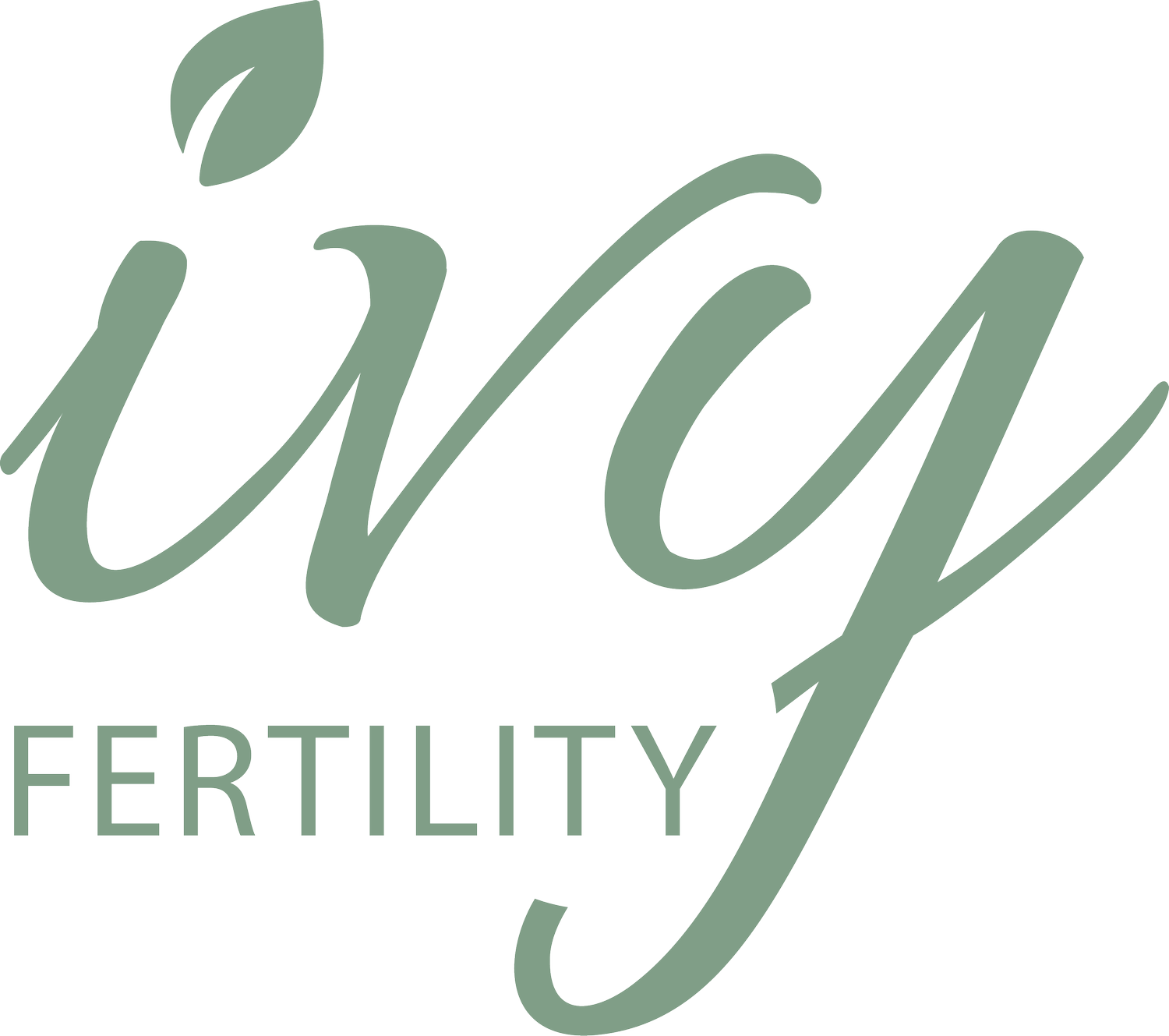
Extensive and outcome-focused genetic testing.
Our centers adhere to the highest standards of preimplantation diagnosis and screening. Combining cutting-edge technology and thoughtful analysis, we help patients achieve optimal outcomes through genetic insights.
Genetics—explained
Genetic testing can provide answers for improved results, from screening for chromosome abnormalities to identifying inherited genetic disorders.
Here is a high-level overview of the comprehensive genetic tests offered by our centers:
PREIMPLANTATION GENETIC DIAGNOSIS for Single Gene disorders (PGT-M)
If you or your partner might be carriers of gene mutations like muscular dystrophy or cystic fibrosis, a preimplantation genetic diagnosis (PGT-M) can be conducted to decrease the chance of passing the disease.
PREIMPLANTATION GENETIC DIAGNOSIS for Chromosome Translocations (PGT-SR)
If you or your partner might be a carrier of chromosome rearrangement, a preimplantation genetic diagnosis (PGT-SR) can be conducted to increase the chance of a successful pregnancy.
PREIMPLANTATION GENETIC TESTING FOR ANEUPLOIDY (PGT-A)
Preimplantation genetic testing-aneuploidy (PGT-A) screens embryos to ensure the correct chromosomal count before transfer. A correct chromosomal count can lower miscarriage rates and increase success rates.
Genetic testing is typically administered in conjunction with in vitro fertilization (IVF). It helps your team select optimal embryos before transferring into the uterus. The embryos are biopsied and then frozen while a laboratory conducts evaluations. While it can take a few weeks to receive results, the process often brings peace of mind.

“All doctors in the practice are very knowledgeable and let you know step by step what is going on. You're not treated as just a name in a file, but an actual person.”
—Anet, patient of Reproductive Partners Medical Group
Genetics—answered
Our centers welcome questions from prospective and current patients. Here are some of the most frequently asked questions about genetic testing:
-
"Recurrent pregnancy loss will impact roughly 1-5% of the population. Recurrent pregnancy loss has been associated with genetic factors, male factors, immunologic factors, hormone-based factors and anatomic factors and we thus recommend thorough testing for all couples/individual patients struggling with RPL. Depending on the age of the patient, roughly 30-70% of miscarriages are due to chromosomal abnormalities in the developing embryo. Genetic testing on embryos to screen for chromosomal copy number abnormalities has been shown to reduce the risk of miscarriage in specific patient populations.”
- Jessie A. Dorais, MD of Utah Fertility Center
-
"PGS or PGT stands for Preimplantation Genetic Screening or Preimplantation Genetic Testing. It is a testing method that helps identify embryos with improved chances for successful pregnancy. This technology detects if an embryo has the right number of chromosomes. It can also detect embryos that might have certain genetic diseases that both parents are carriers for. The process involves removing a few cells from the embryo to test for chromosome quantity or the presence of certain genetic mutations . You should discuss with your physician if PGT is recommended for your specific situation and personal objectives."
- Wayne Lin, MD of Fertility Centers of Orange County
-
"The waiting period for PGT-A results can have benefits for patients. The time allows patients to recover from ovarian stimulation before their next cycle. Studies have shown that in some circumstances, patients have a higher chance of success with a frozen embryo transfer than a fresh embryo transfer. For people ready to start their family – the waiting can be tough, but we review all options with each patient and find the right plan for each situation."
- Jamie Massie, MD, FACOG of Pacific NW Fertility
Learn more about your options.
Contact the nearest Ivy Fertility center to get more information about genetic testing.
“Thanks to you we have three amazing perfect people.”
—Patients of Utah Fertility Center
